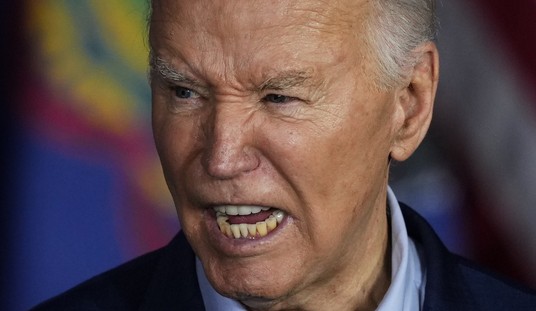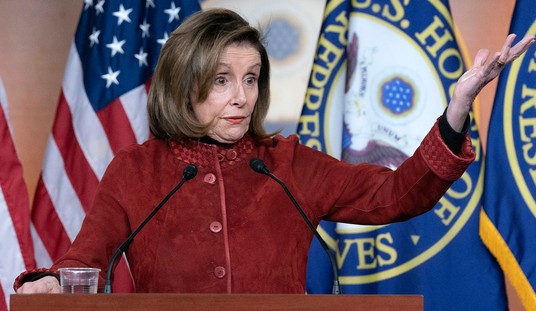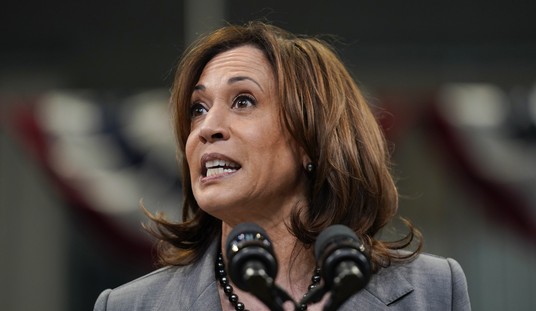=========
=========
Promoted from the diaries by streiff. Promotion does not imply endorsement.
=========
=========
In January in what is likely to be the only case of major importance and of interest to conservatives is Espinoza vs. Montana Bureau of Revenue. At issue is whether “it violates the Constitution to invalidate a generally available and religiously-neutral student aid program simply because it affords students to attend a religious school.” With failing public schools and a national trend where schools are adopting non-academic programs and curriculum (development of social and emotional skills), many are turning away from the public school system and seeking those skills and a moral compass elsewhere. This case has ramifications beyond the borders of Montana.
In 2017, the Supreme Court decided the case of Trinity Lutheran vs. Comer. In that case in a 7-2 decision authored by Chief Justice John Roberts, the Court ruled that denying a state grant for scrap tire playground material to an organization because it was religious violated the Constitution since the grant program was religiously-neutral. At the time, everyone knew the case was not about playground safety and scrap rubber from tires. Neither Goodyear nor playground equipment companies weighed in on the case, but the NEA and the Institute for Justice did. Although about rubbery playgrounds, that case was really about vouchers, tax credits and scholarships.
The Montana legislature passed a dollar-for-dollar tax credit up to $150 for donations to scholarship programs. The money donated is used to provide scholarships to students to attend private schools, the vast majority of which in Montana are religious. The Montana Department of Revenue issued a ruling that such scholarships could not be awarded to students attending religious schools. After being challenged, the Montana supreme court upheld the rule citing the state constitution’s ban on any financial aid to any religious institution or school.
The state correctly argues that the federal Constitution does not specifically address education, but every state constitution does address education in some fashion. They argue that these provisions are a reflection of “robust debate” at the state level over the issue of education, funding, and religion. And at first glance, the program in question would seem to offend the provision at question in the Montana state constitution. That constitution was originally drafted and ratified in the 1800s and updated in 1972.
To understand why many state constitutions have provisions against the state funding religious organizations or schools, one must go back in time since these provisions are a legacy of an ugly time in American history. In the period following the Civil War, there was great anti-immigrant sentiment mainly directed at Irish Catholics. They were seen as poor, uneducated, and loyal to a foreign power, and were often referred to as “Papists.” Protestants at the time wanted to make sure that Catholics had no influence on public institutions. Even President Ulysses S. Grant grant weighed in on the subject in 1875 when he derided “sectarian” interests, which in 1875 referred to anything not Protestant.
James Blaine, a House member from Maine, proposed a constitutional amendment that would ban states from using revenue to support any religious institution, including schools. However, this presented a conundrum for the dominant Protestant sects as they too would be cut off from state funding. Blaine and his adherents had a ready answer: the public schools were already teaching and instilling Protestant moral values so Protestants had nothing to fear. If adopted, Blaine argued, state officials were not not against the teaching of religious values in schools; they were enforcing a monopoly on a common Protestant civic education.
While the efforts of Blaine and others may have been, on some level, noble- they were reinforcing Protestant/Christian values and ethics- obviously that is not the case today in public education. Although the Blaine Amendment, as it came to be called, failed at the federal level, 37 states essentially incorporated something like it into their state constitutions. To be fair, some state constitutions had these provisions before Blaine. Protestant sects were swept up in enforcement of these provisions as the Trinity Lutheran case proves. Today, in effect, a new religion dominates in public education- secularism.
In fact, in a previous case (Good News Club vs. Milford Central Schools)– a case that involved access to a public school cafeteria for meetings of a Christian club- Justice Clarence Thomas stated almost such. He noted that denying access to a religious club was akin to the preferential treatment of one religion (secularism) to the detriment of another (anything non-secular).
It is likely that the state will argue a sort of federalism line of thinking. To rule against them would mean negating similar state constitutional provisions in an area where the federal constitution is silent- public education. They are saying that a detrimental ruling would force states to essentially underwrite religious education. They further note that although previous Court decisions allowed the government to adopt school vouchers that allow indirect government aid to religious schools, it never suggested the Constitution requires a state to do so. One amicus brief in the case went further: “…applying Trinity Lutheran to tax-credit, voucher or other school funding programs would undermine state autonomy and cause structural discrimination against religious minorities and dissenters.” To those who want the Court to side with Montana, they see a huge difference between holding that a state may fund tax credits or other aid to those attending private religious school on the one hand, and holding that a state must fund them even when a state constitution says otherwise.
Of course, there are two other solutions to the problem. First, states can simply discard those state constitutional provisions altogether through the amendment process. Second, as Justice Scalia once noted, another solution is to simply deny state funding of any private school whether religious or not. He noted it as a possibility, but never advocated for that solution. Instead, he like that majority in Trinity Lutheran, looked at the religious-neutrality of the provision at hand and correctly decided that case as they should here. In Montana, no one is suggesting that these tax credits be afforded to any particular religion or sect.
The battle lines are drawn and the Court will hear the case on January 22nd with a decision expected sometime in June. One thing is abundantly clear in this whole debate: the well-off enjoy school choice options almost as a matter of a birthright; the less well-off, not so much! No state, including Montana, has a permissible or compelling interest in maintaining a school-funding scheme that categorically discriminates against religious education, or those that choose that option. Putting aside both ideology and special interest, it becomes clear that when it comes to education, there is no requirement that only state employees can be trusted to deliver a well-rounded academic and moral education.
Montana, relying on a state constitutional provision- despite being “updated” in 1972- rooted in anti-Catholic bigotry and prejudice from the past is enslaving parents and students to the ever-failing public school plantation by denying them a choice. When blocking that choice is based on bigotry disguised as some lofty and faulty conception of “separation of church and state,” they do everyone a huge disservice, but mainly the student who wants to succeed but cannot because they are “not well-off.”













Join the conversation as a VIP Member